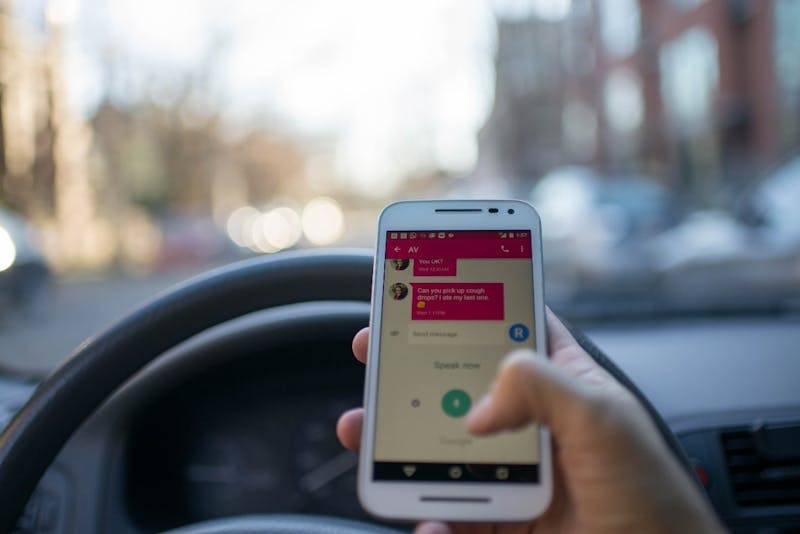We all see distracted driving: that car slowing down or speeding up, or not keeping a lane on a busy highway. When we get close to the vehicle, we often see a man or woman holding a device staring at a screen.
According to the Texas Department of Transportation, distracted driving accounted for approximately 95,639 wrecks in Texas in 2018, including 394 fatalities. The numbers are staggering, and the consequences for the injured persons, the survivors, and others impacted is immense.
Research from the AAA Foundation for Traffic Safety indicates that mental distraction from voice-based technology, changing music, or sending a text can last for up to 27 seconds after putting down the phone or changing the radio dial. Other research finds that drivers talking on a cell phone are 4 times more likely to end up in a collision as non-distracted driver, while a person texting while driving is eight times as likely to crash.
Americans are beginning to recognize the risk that other distracted drivers pose on the road, but they often fail to observe the same behavior in themselves. 58 percent of drivers recognize that talking on a cellphone behind the wheel is a serious threat to their personal safety, and 78 percent recognize the same for texting. At the same time, nearly half of drivers report recently talking on a hand-held device in the car, while 35 percent have sent a text or email while driving.
What we have here is the classic belief that the individual is somehow safer than everyone else when engaging in the same activity. It is like the drunk believing they can drink and drive because they are more careful than the drunk sitting on the next bar stool.
Distracted driving from any source is dangerous to everyone on or near our roadways. Leave the texts unread and do not pick up the cell phone while driving—your safety and the safety of others on the road depends on it. Please help end this epidemic before someone in your family pays the price.


